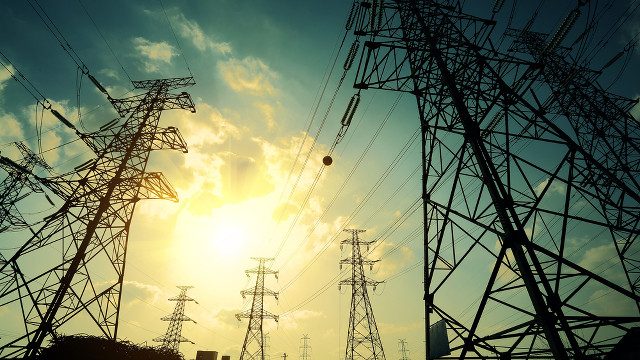SUMMARY
This is AI generated summarization, which may have errors. For context, always refer to the full article.


MANILA, Philippines – Lawmakers are moving swiftly to pass a bill that would allow foreigners to own public utilities in the Philippines.
Around 10 pm on Wednesday, September 4, the House of Representatives began tackling in the plenary House Bill (HB) No. 78, which would provide a more explicit definition of “pubic utility” and amend Commonwealth Act No. 146 or the Public Service Act.
HB 78 essentially will open up to foreigners the ownership of public utilities in the country, explained House committee on economic affairs chairperson Sharon Garin when she sponsored the bill in the plenary.
She said the 1987 Constitution’s requirement that at least 60% of public utility enterprises’ capital stock must be owned by Filipino citizens or corporations is limiting the country’s economic growth. (READ: [ANALYSIS] The real score on foreign direct investments)
“Why is there a need to further amend the Public Service Act? It is a fact that the public service needs of Filipinos are not being met,” said Garin.
“What is the cause of this deplorable state of our public services? Economic theory points to lack of competition in the market. Foreign direct investment could provide the much needed capital. Companies with foreign investors could serve as competitors to local providers,” she added. (READ: Foreign direct investments slower by 85% in May 2019)
What are the provisions? HB 78 would include in the definition of public utility “a person that operates, manages, and controls for public use” any of the following:
- Distribution of electricity;
- Transmission of electricity;
- Water pipeline distribution system or sewerage pipeline system.
If passed into law, the bill would give the National Economic and Development Authority (NEDA) secretariat and the Philippine Competition Commission (PCC) the power to recommend to Congress the classification of a public service as a public utility based on these criteria:
- The person regularly supplies and directly transmits and distributes to the public;
- The commodity or service is necessary to the public and a natural monopoly that “needs to be regulated when the common good requires”;
- The commodity or service is necessary for the maintenance of life and occupation of residents;
- The commodity or service is obligated to provide adequate service to the public on demand.
This means that if NEDA and PCC deem a public service should be opened up to foreign owners, Congress would have to pass another bill.
Who are the authors? Among the principal authors of HB 78, which is the consolidated version all other versions of the measures filed in the House, are the following:
- Joey Salceda, Albay 2nd District;
- Victor Yap, Tarlac 2nd District;
- Xavier Jesus Romualdo, Camiguin;
- Luis Raymund Villafuerte, Camarines Norte 2nd District;
- Argel Cabatbat, Magsasaka;
- Ron Salo, Kabayan;
- Estrellita Suansing, Nueva Ecija 1st District;
- Horacio Suansing Jr, Sultan Kudarat 2nd District;
- Sharon Garin, AAMBIS-OWA;
- Bernadette Herrera Dy, Bagong Henerasyon;
- Amihilda Sangcopan, Anak Mindanao;
- Francisco Benitez, Negros Occidental 3rd District;
- Antonio Albano, Isabela 1st District;
- Rufino Biazon, Muntinlupa City;
- Lorenz Defensor, Iloilo 3rd District;
- Edgar Chatto, Bohol 1st District;
- Stella Quimbo, Marikina City 2nd District.
A majority of HB 78’s authors are part of the House majority bloc allied with President Rodrigo Duterte’s administration.
Is the fast approval surprising? No. HB 78 breezed through House, with the economic affairs panel only spending one hearing to consolidate all of its similar versions and approve their committee report on August 28.
Garin then sponsored HB 78 on 2nd reading during the late-night session on Wednesday.
The speed of HB 78 movement, however, was not surprising. The House in the previous 17th Congress approved the bill, but it did not fly in the Senate.
Opposition lawmakers like Albay 1st District Representative Edcel Lagman and then-Akbayan representative Tom Villarin opposed the measure, saying it was unconstitutional.
– Rappler.com
Editor’s note: An earlier version of this story erroneously reported that House Bill No. 78 passed second reading in the House of Representatives.This has been corrected.
Add a comment
How does this make you feel?
There are no comments yet. Add your comment to start the conversation.